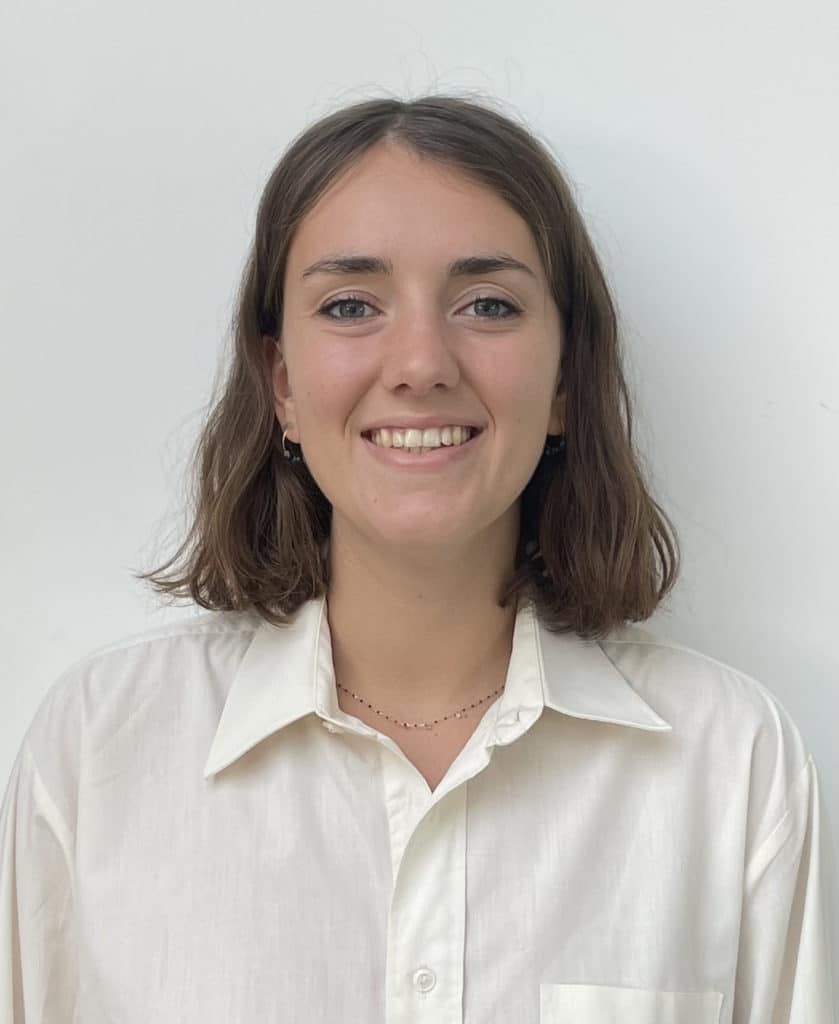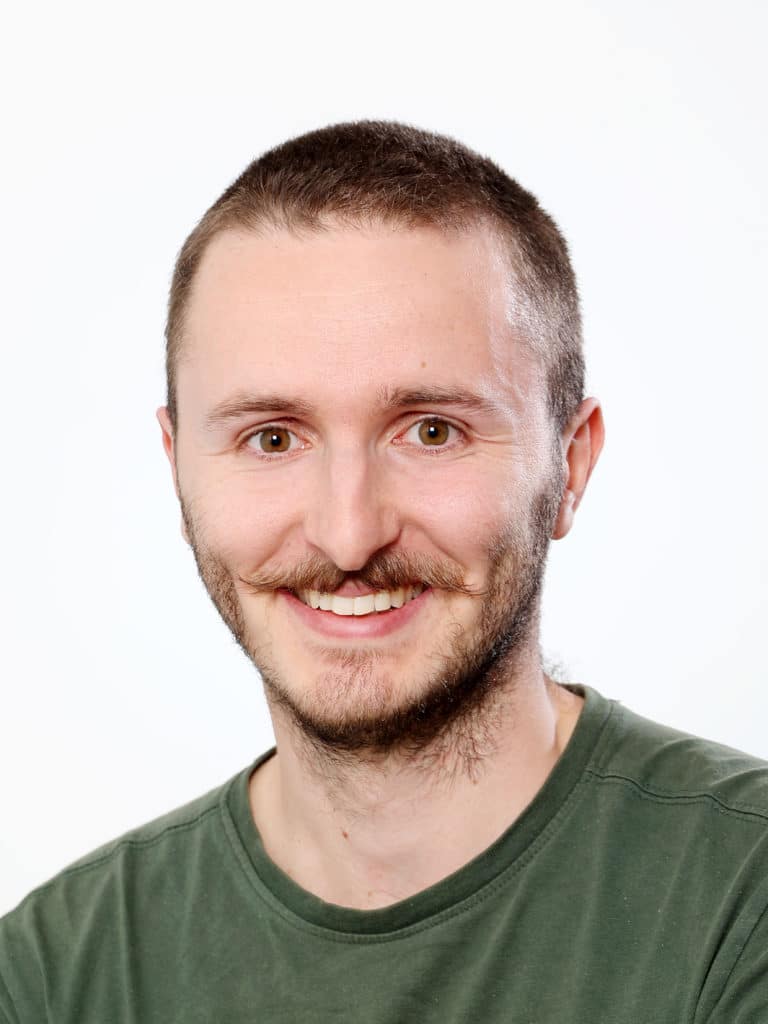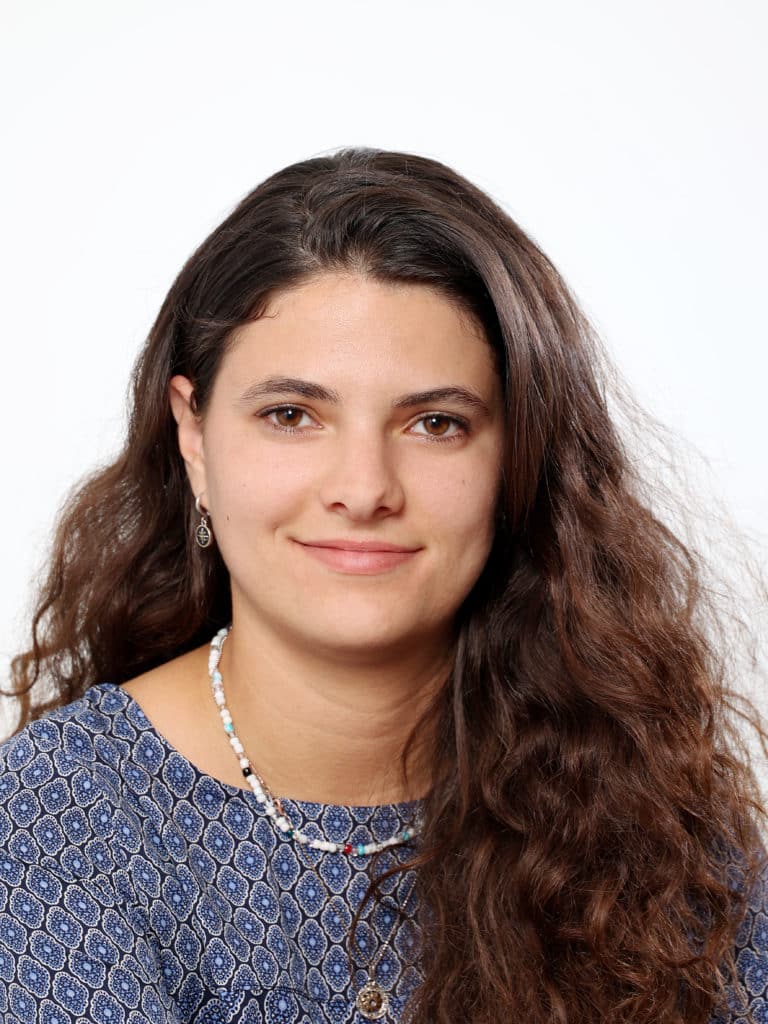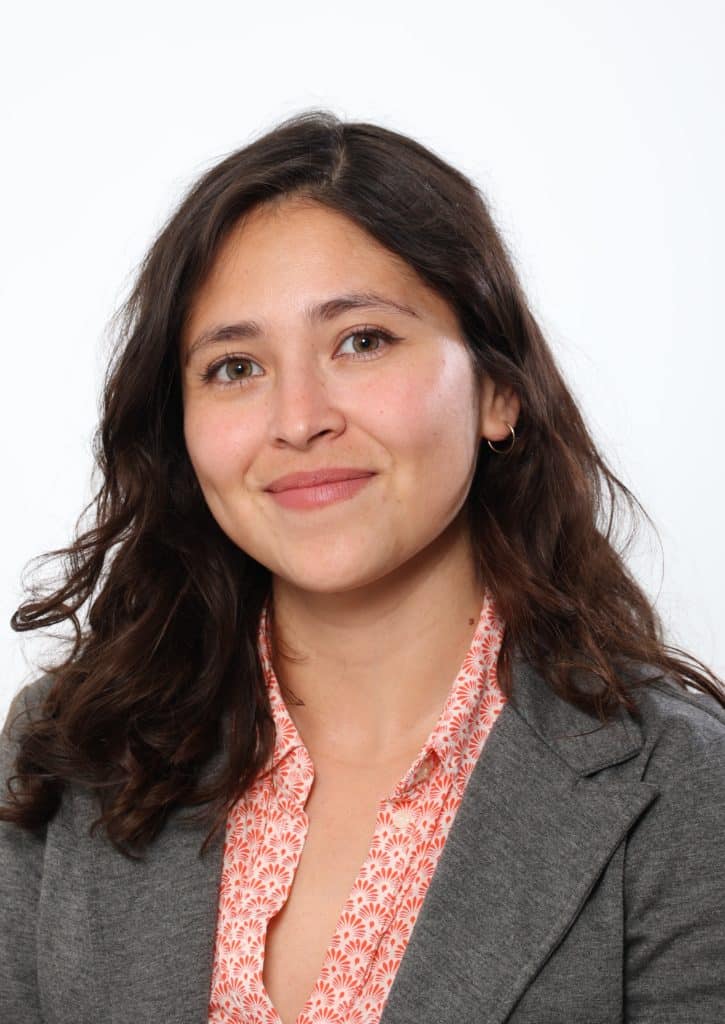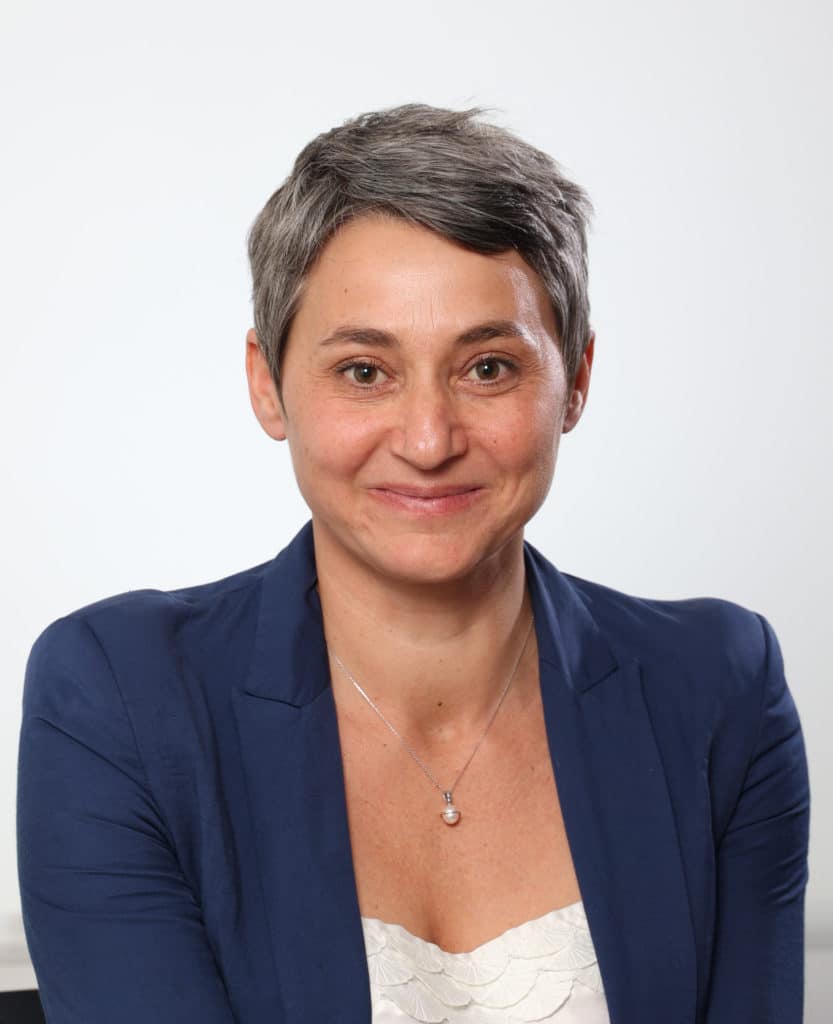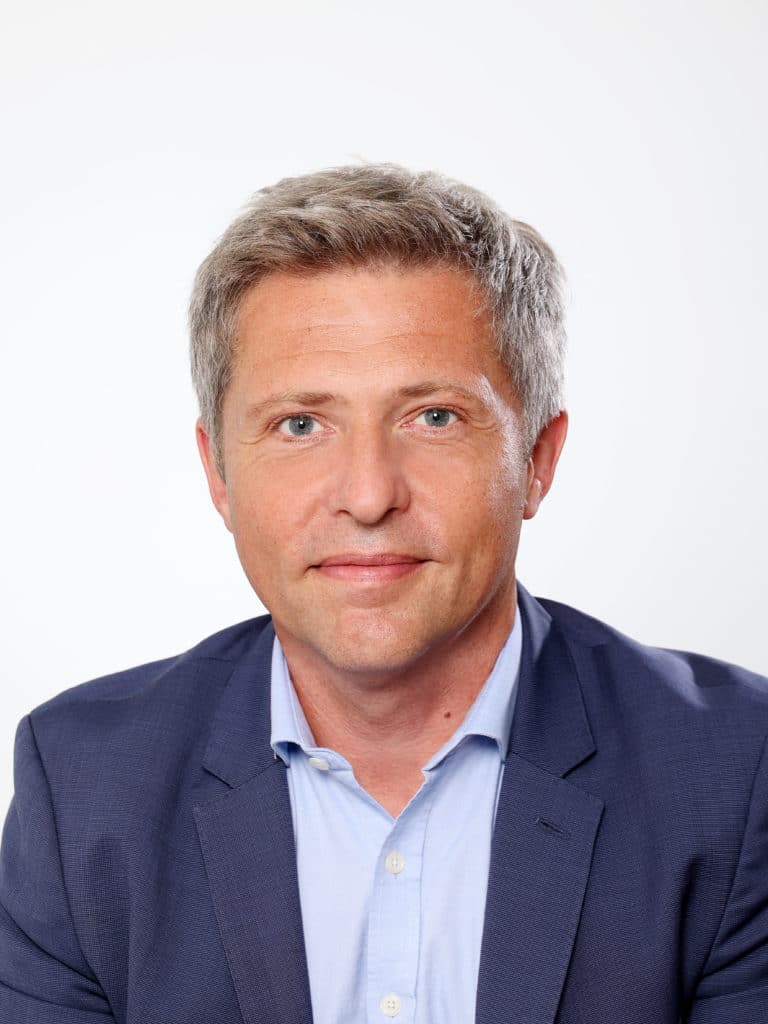MEMO SUR L’ESSENTIEL – TOUT CE QU’IL FAUT SAVOIR POUR CANDIDATER AUX APPELS A PROJET DE DUT
Ce mémo est destiné aux acteurs désireux de construire un projet sur la transition énergétique, la mobilité et le transport ou l’économie circulaire. Il a été conçu afin de vous faciliter l’appropriation des appels à projet du partenariat co-financé Driving Urban Transitions.
Il rappelle des paramètres à garder à l’esprit qui valent pour l’ensemble des appels à projets européens : des approches systémiques qui mettent le citoyen au cœur du ou des projets, des démarches de co-création, le lien entre transition écologique et transition numérique, la place importante de l’innovation avec des liens avec des chercheurs ou des experts, la construction de nouveaux modèles plus inclusifs avec une place donnée à la question du genre, l’attention donnée à la valorisation, la faisabilité de la duplication, et enfin un modèle de gouvernance ouvert couvrant l’ensemble des échelles, du local au régional au national. En somme, tout ce qui peut être couvert par des modes de mises en réseaux, des nouveaux modèles collaboratifs et coopératifs qui fabriquent de nouvelles alliances.
LE SEMINAIRE DE LANCEMENT
Un séminaire de lancement officiel du partenariat européen co-financé “Driving Urban Transitions” (DUT) a eu lieu le 26 septembre 2022 en présence de l’ensemble des parties prenantes : le Ministère de l’Enseignement Supérieur et de la Recherche, le Ministère de la Transition Écologique et de la Cohésion des Territoires, l’ADEME, l’Agence Nationale de la Recherche, l’Agence Nationale de la Cohésion des Territoires, l’Association Nationale de la Recherche et de la Technologie, France Villes et territoires Durables et France Urbaine. Environ 120 personnes ont participé à ce lancement, dans les locaux du MESR et en ligne.
Ce séminaire est revenu sur les premiers appels à projet DUT ouverts le 21 septembre 2022 qui se clôtureront le 21 novembre 2022. (cf. l’ensemble des documents et des présentations sur le site du PIN VILLE)
Ce nouveau partenariat européen complète les objectifs et les dispositifs de la Mission Ville également liée au cadre européen Horizon Europe. Il regroupe au niveau européen, 27 pays et 41 agences de financement européennes et internationales qui unissent leurs efforts pour lancer des appels à projets transnationaux destinés à financer des projets de recherche et d’innovation sur 3 piliers thématiques (mobilité, énergie et économie circulaire) en lien avec la ville durable.
Après une présentation de l’articulation de ces appels avec les outils de R&I (Recherche et Innovation) sur le sujet Ville de l’ANR et l’ADEME, les 9 sujets de l’appel 2022 ont été décryptés de sorte à donner des clés de réussite pour les équipes dépositaires de projets. Puis, le séminaire est revenu plus précisément sur les modalités des candidatures (entre autres, l’implication d’acteurs d’au moins trois pays différents liés au partenariat), et sur les modalités de financement (chaque pays finance ses acteurs nationaux suivant les règles de financement des agences engagées).
Le budget annuel français est de 3 millions d’euros pour l’ANR et de 1,5 millions d’euros pour l’ADEME, avec une contribution supplémentaire de l’ordre de 30% de la Commission Européenne au titre de la collaboration transnationale. Ce budget place la France parmi les tout premiers financeurs du programme, et devrait encourager les acteurs nationaux à s’engager résolument vers ce programme européen au service de la ville durable et de ses citoyens.
Retrouvez le programme, le support de présentation du séminaire et les informations clés sur le site du Point d’Information National Ville
Retrouvez la page dédiée à l’appel à projets.

